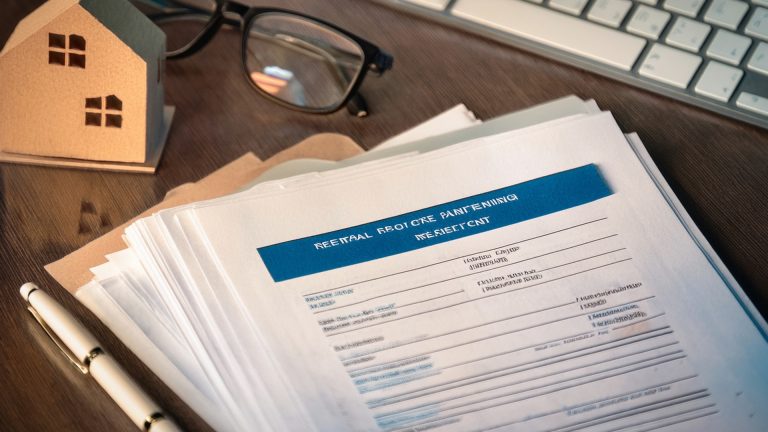Many people – including many estate planning lawyers – think of an estate plan as a set of documents: Once you have a will, a trust, a healthcare proxy, and a power of attorney, you’re all set, right? Well, not quite. Those documents provide legal authority for someone to implement your wishes, but legal authority alone does not make an actual plan.
In addition to legal documents, every good plan includes instructions and important information for your loved ones. It should also ensure that nonprobate assets – or assets that don’t go through your will – are set up properly. Without these additional steps, your “estate plan” can leave your loved ones with more questions than answers.
1.No one knows where the documents are.
One of the most common challenges that is encountered after someone passes away is that no one knows where the documents are. And a last will and testament that can’t be found – even if a copy exists – is often like a will that never existed.
We live in a digital age. Most of our lives can be automated and stored online. However, estate planning often requires physical copies of all legal documents. In fact, the courts will not accept a copy of a last will and testament and instead require the original signed document.
Be sure to let your loved ones know where they can find these important documents and how to access them. A bank safe deposit box may seem a logical place to keep these documents, but (in addition to questionable security) the box may not be readily accessible after the owner passes away, requiring a court order to open it.
2. Your Children’s Guardian Lacks Important information about Their Care
If you have young children, make sure that your guardian has whatever information they would need to take care of your kids. When you leave your kids with a babysitter for a few hours, you make sure that they have important health and emergency information about your kids. But this information is seldom included in an estate plan, leaving important decisions about your kids up to chance. If you have young children, create a list of your children’s allergies and medications, as well as their doctors and dentists, and any other important information
3.The password on your computer isn’t the name of your dog.
The only good thing to say about a password that is easy to guess is that if you die, it will be easier for your loved ones to break into your computer for photos, digital assets, and other information. Without the password, many of these things may be lost forever.
Instead of risking a cybersecurity attack, create a plan for any digital assets or accounts that are solely accessible with a password. Password managers such as 1Password or Dashlane allow you to store encrypted versions of all your passwords and provide access to a third party in an emergency.
4.There’s not enough money
The perfect will or trust is just a piece of paper if there’s no money to fund it. If no one relies on you financially, feel free to spend every last penny, and don’t worry about leaving anything behind. However, if other people financially rely on you – especially young children – it’s important to leave sufficient resources for their care. Your children’s guardian is taking on enough responsibility without the financial stress of an extra mouth to feed (and clothe and shelter and educate). You want to leave enough money to cover your children’s needs until they are at least 25. That may require well over a million dollars. If that number scares you, don’t fret – that’s what life insurance is for, especially if you’re young and healthy.
5.Your Beneficiary Designations Aren’t Up to Date.
How will your spouse feel when they find out that you left your hefty retirement account to an old flame? Probably not great – but we see this happen all the time. Beneficiary designations trump your will or trust, so if these aren’t kept up to date, it can derail the plan in your carefully-prepared legal documents.
Don’t Let Your Plan Fail
At The Village Law Firm, we don’t just prepare legal documents – we help you create a comprehensive emergency plan that will protect your loved ones and make things as easy as possible for them in what would be their most difficult moments. In fact, we even provide an emergency access service where we maintain all the information that your loved ones would need, so all they need to do is make a phone call.
At The Village Law Firm, we know it takes a village to protect New Yorkers and their families. Contact us for a thorough estate plan that protects your loved ones.
You can learn more about this and other topics on The Village Law Firm Youtube Page





